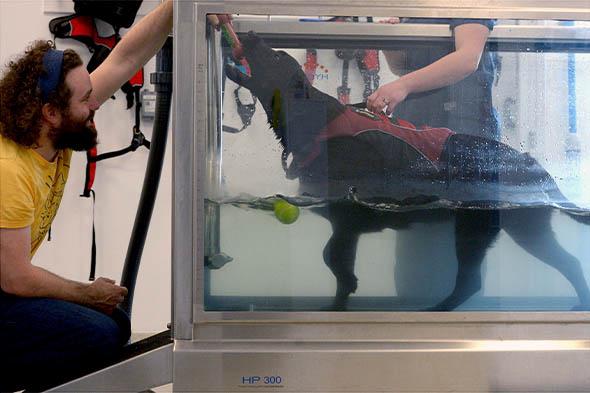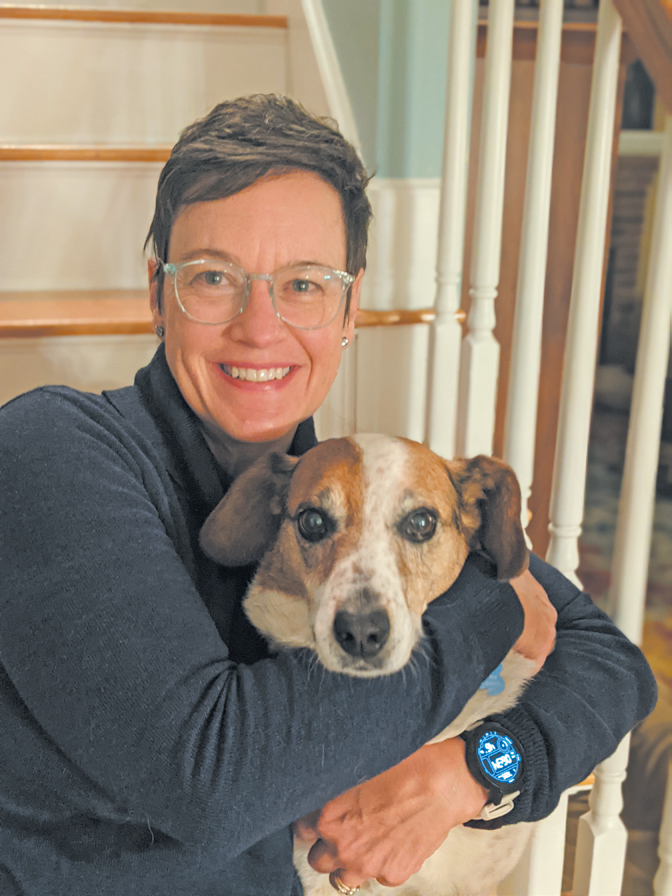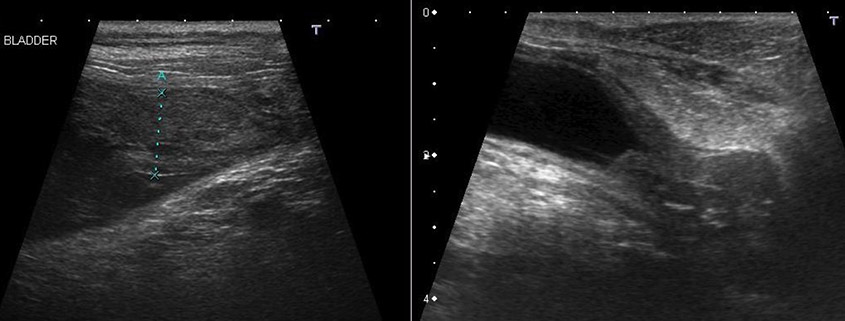David Baxter PhD
Late Founder
I'm lucky to have a veterinary clinic that is reasonably priced and very compassionate.
Better still, I found one of those vets seems to be particularly good with cats; Mindy almost likes going to see him except for the cat carrier and the car ride.
But Ottawa is probably like most cities with a real mix of vets, some who are very expensive and more interested in using their expensive diagnostic machines instead of actually examining the animal and finding out what is really wrong with the poor animal. One of my sons went there with a sick dog and after $5000 the vert decided on exploratory surgery where he discovered half a chewed up Frisbie - which was why he was in pain and not eating.
All that $5000 was a waste of money and they all somehow missed the Frisbie. Moral of the story: (1) medicine first, then fancy equipment; and (2) if you're going to buy fancy technology and sell it as services to customers and patients, make sure you are properly trained in its use and interpretation of the results. This was half a Frisbie: A CT scan should have detected that.
Better still, I found one of those vets seems to be particularly good with cats; Mindy almost likes going to see him except for the cat carrier and the car ride.
But Ottawa is probably like most cities with a real mix of vets, some who are very expensive and more interested in using their expensive diagnostic machines instead of actually examining the animal and finding out what is really wrong with the poor animal. One of my sons went there with a sick dog and after $5000 the vert decided on exploratory surgery where he discovered half a chewed up Frisbie - which was why he was in pain and not eating.
All that $5000 was a waste of money and they all somehow missed the Frisbie. Moral of the story: (1) medicine first, then fancy equipment; and (2) if you're going to buy fancy technology and sell it as services to customers and patients, make sure you are properly trained in its use and interpretation of the results. This was half a Frisbie: A CT scan should have detected that.











